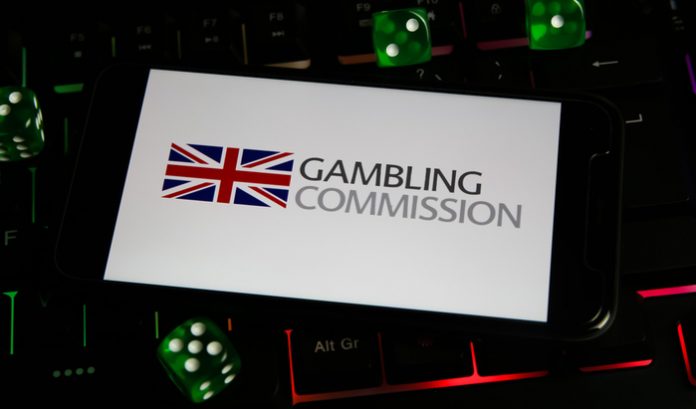Acting CEO of the UK Gambling Commission (UKGC) Sarah Gardner has stated that deeper collaboration between public bodies and business institutions is needed to tackle the obscure risks of vulnerability faced by the general public.
Gardner addressed the ‘The Shard Financial Vulnerability Summit 2021’, speaking to its virtual audience on ‘reducing risks and tackling harms’, in which she provided a first-hand account of the UKGC’s challenges in governing the gambling sector.
She said in a statement: “Vulnerability is a topic that is often perceived quite narrowly but it is increasingly being recognised across many sectors that the circumstances of vulnerability are complex and unique. There are of course many reasons why an individual might be vulnerable to harm. Similarly, those that may appear vulnerable may not be.”
Although the UKGC states the UK’s overall problem gambling rate at 0.4% of the population, with ‘moderate risk’ of harm at 0.6% – Gardner underscored that statistics ‘can never account for the many other lives, families and communities that are impacted by gambling harms’.
As UK business and society starts up again following lockdown, the acting CEO said that the summit’s theme was a timely issue for all national stakeholders to recognise.
She stated: “As many of you will be familiar, the Financial Lives 2020 survey conducted by the FCA has found that 46% of UK adults, aged 18 and over display one or more characteristics of vulnerability.
“That’s 24.1 million people. At the Gambling Commission protecting vulnerable people from harm is one of our key licencing objectives and so understanding what makes people vulnerable to gambling-related harm is a key question for us and our work to reduce risk and make gambling safer.”
As a regulator of a high-risk industry, Gardner stated that the UKGC had taken an uncompromising stance in raising standards through compliance and enforcement actions to protect children and the nation’s vulnerable consumers.
The Commission’s initiatives during the past three years have focused on strengthening the gambling industry’s ID and customer affordability compliance procedures, and terminating opaque terms and conditions to improve consumer standards
Changing policies have seen the regulator enforce a credit card ban across the industry, and it has systematically ramped up its compliance enforcement procedure, which since 2017 has issued over £100m of penalty packages and revoked 10 operator licences.
Gardner commented: “This record of action should leave no one in doubt that the Gambling Commission is totally focused on making gambling safer, fairer and crime-free. But as I have said already, through collaboration with others, through collectively identifying issues and coming up with solutions, we can make further progress.”
Despite progress on reducing risks, Gardner admitted that gambling still requires help from wider stakeholders in developing a ‘single customer viewpoint’ to safeguard the public’s engagement with the sector.
The development of a single viewpoint has been earmarked as the key objective of the UKGC’s new three-year ‘Corporate Strategy’, in which the regulator will place customer affordability and consumer redress as the central themes of its policy direction.
Gardner remarked that UK business had shown its willingness to collaborate on vulnerability matters, praising the banking and finance industries for ‘sharing best practices’ to develop gambling blocker tools that have been introduced across 90% of debit card accounts.
She said: “We at the Gambling Commission continue to stand ready to work with and support others in this effort. That includes gambling operators. We know many gambling firms have had a tough year and tougher decisions to make to save jobs and livelihoods. We will work with those operators who step up to work with us.
“But we will not move at the pace of the slowest. Considering the future won’t cause us to compromise the here and now. Even through the turbulence of the pandemic, we have made progress. We are on the right track. So, let’s keep on going together.”




























